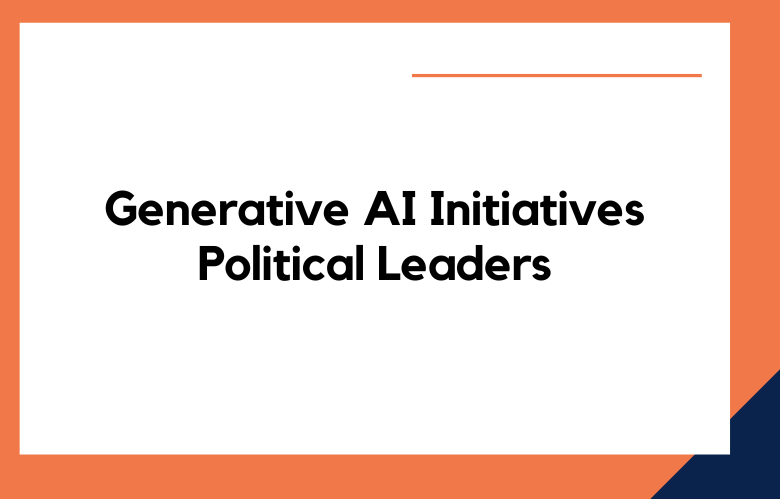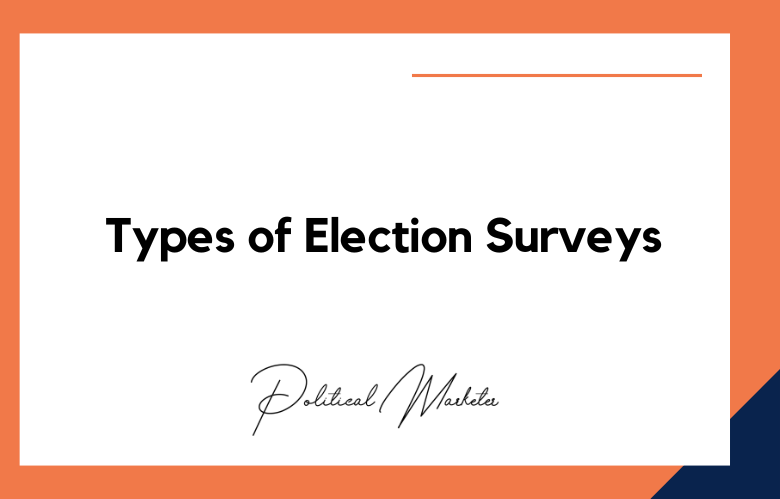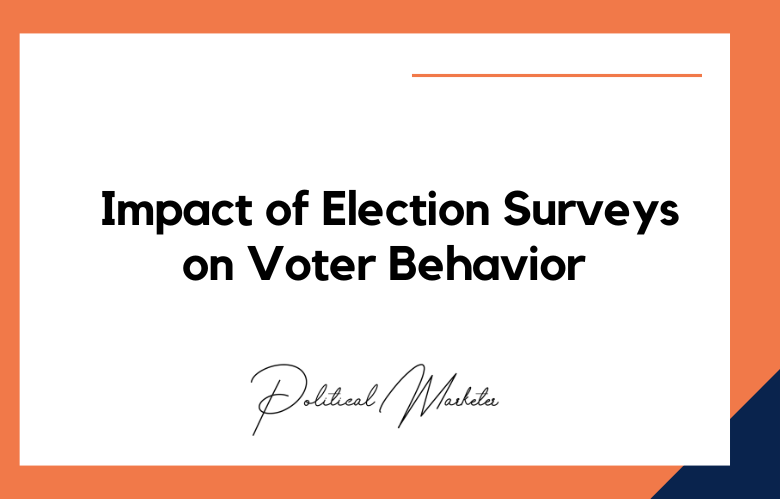As the world enters the fourth industrial revolution, AI technologies are pivotal in transforming our lives and work. Not only has AI been used extensively in the private sector, but governments across the globe are also discovering that AI has the potential to enhance the public sector and improve government services. Generative AI is the type of AI that entails the creation of new content, such as text, images, and voice.
It is an area with great promise, and political leaders should take advantage of an opportunity to improve public service delivery if they ignore generative AI initiatives. We will discuss several productive AI initiatives that political leaders should pursue now to enhance their public service delivery.
Generative AI Initiatives Political Leaders should pursue now
Personalized Public Services
Governments can use generative AI technologies to create personalized public services that are tailor-made to meet the specific needs of their citizens. Service delivery based on generative AI can provide more accurate and efficient services and enhance citizen experience by anticipating their needs. From simple tax filings to more complex areas like healthcare, personalized public services can improve the quality and experience of public service delivery.
Automating Public Procurement
Public procurement is a crucial area where generative AI can make significant contributions by automating procurement processes, reducing the incidence of human errors, and optimizing cost. By applying machine learning algorithms to procurement datasets, governments can obtain insights into spending habits and supplier performance to improve procurement processes. Automating these processes will also reduce procurement overhead costs and improve the government’s ability to regulate procurement activities.
Smart City Management
Governments are continuously looking for ways to enhance public safety and the quality of life within cities. Innovative city management is one of the most promising areas where generative AI can improve public service delivery.
For example, by using productive AI technology with intelligent traffic systems, cities can anticipate traffic congestion and take corrective actions before congestion becomes problematic. Smart urban planning that leverages generative AI can update city plans and reduce cities’ carbon footprint.
Improved Decision Making
In some cases, poor decision-making by government officials has led to public outrage. Generative AI can be used to improve decision-making by providing insights and intelligence to decision-makers. For example, AI can gather and analyze data from various sources to provide detailed and accurate insights. Also, the technology can be used to build predictive models such as election forecasting, which allows political leaders to make more insightful decisions about elections.
AI-Enhanced Fact-checking: Strengthening Political Debates
In today’s era of information overload, misinformation and disinformation have become key features of political debates. This has led to the erosion of trust in news sources and has made it difficult for people to make informed decisions. To combat this trend, AI-enhanced fact-checking has emerged as a powerful tool that can help to strengthen political debates.
AI-enhanced fact-checking involves using algorithms and machine-learning techniques to verify the accuracy of claims made by politicians and other public figures. By analyzing large amounts of data, these systems can identify patterns and inconsistencies that may indicate the presence of false or misleading information. This allows fact-checkers to identify claims not supported by evidence more accurately.
AI-Driven Policy Crafting: Empowering Political Leaders for the Future
With the rapidly advancing world of technology, political leaders must adapt their approach to policymaking to ensure they are equipped to deal with future challenges. This has led to the emergence of AI-driven policy crafting, a revolutionary approach to policymaking that integrates artificial intelligence and machine learning algorithms into the process.
AI-driven policy crafting enables political leaders to utilize the power of big data to make more informed decisions. Artificial intelligence algorithms can analyze vast quantities of data from disparate sources, such as social media, news articles, and research papers, to gain a deep understanding of the issues at hand. This approach allows policymakers to identify trends and patterns and make data-driven decisions more likely to result in successful outcomes.
Harnessing Generative AI for Inclusive Governance
As our world becomes more digital, there has been a growing interest in how artificial intelligence (AI) can improve governance and create more inclusive societies. One area with particular potential is generative AI, which refers to technologies that can create new content without human input, such as text, images, and even music.
In governance, generative AI could create more accessible and inclusive policies and communications. For example, it could generate captions for videos or audio descriptions for those with visual impairments or create translations in multiple languages to ensure all citizens can engage with government services and information.
Shaping Political Discourse through Generative AI
In recent years, Generative AI has emerged as a powerful tool in political discourse due to its ability to generate compelling and coherent narratives. Political discourse plays a crucial role in shaping public opinions and influencing decision-makers. The ability to create compelling stories through AI has evolved to complement traditional media, allowing the creation of a customized narrative.
With the help of generative AI, political parties, government agencies, and even tech companies can create, customize, and spread their desired messages and positions on various media platforms. These messages can profoundly impact the public’s perception of important issues, influence government policy, and drive political movements.
Using AI to Champion Ethical Campaign Practices
In recent years, there has been growing concern about the ethical practices of political campaigns. Social media platforms have made it easier for campaigns to reach voters with targeted ads and messages. However, this has also raised questions about using personal data and manipulating public opinion. However, artificial intelligence (AI) has the potential to address many of these ethical concerns and promote more transparent and accountable campaign practices.
AI can help by analyzing the content of political ads and messaging to ensure they are truthful and not misleading. AI can detect patterns and language that may indicate false information or propaganda and flag them for review. This can help prevent the spread of misinformation and protect the integrity of the democratic process.
AI can also be used to monitor and regulate the use of personal data in campaigns. By tracking data sources and monitoring how campaigns use that data, AI can ensure that campaigns follow ethical guidelines and do not exploit personal information for their gain. This can build trust between voters and movements, which is essential for a healthy democracy.
Driving Transparency and Accountability with AI-powered Governance
In recent years, implementing artificial intelligence (AI) in governance has been gaining widespread recognition across the globe. It has become increasingly important to drive transparency and accountability in governance systems, and AI-powered solutions can assist in achieving these goals. With the vast amount of data generated by government activities, AI can help to process and analyze this data more efficiently and effectively.
Through predictive analytics and machine learning algorithms, AI-powered governance can help reduce corruption and prevent fraudulent activities. Predictive analytics can identify potential risks and issues before they occur, while machine learning algorithms can detect patterns and anomalies in data that may indicate fraudulent behavior. These technologies enable governments to take proactive measures to prevent wrongdoing rather than just reacting to issues after they have occurred.
AI Technology as a Catalyst for Evidence-based Policymaking
AI technology has the potential to be a game-changing catalyst for evidence-based policymaking. Artificial intelligence in policymaking processes enables policymakers to make informed decisions based on data-driven insights rather than solely relying on intuition or personal biases.
In recent years, governments worldwide have been utilizing AI technology to gather and analyze large amounts of data, which can then be used to inform policymaking decisions. This includes everything from predicting the impact of a specific policy on the economy to understanding the sentiment of public opinion on a particular issue.
AI technology also offers the ability to test policies before implementing them on a large scale through simulations and predictive modeling. This can help policymakers assess the potential impact of the procedure and identify any unintended consequences before it goes into effect.
Conclusion:
As more countries begin to explore the potential of AI technologies, political leaders should recognize the benefits of generative AI and focus on improving public service delivery through fruitful AI initiatives. There is no better time to get started with productive AI initiatives than now, especially since these initiatives have the potential to generate significant financial savings, improve citizen satisfaction, and enhance public safety. As we move forward, we expect to see more innovative ways of using generative AI technology to make the public sector more efficient and effective.
Call: +91 9848321284
Email: [email protected]
Generative AI Initiatives Political Leaders Should Pursue Now: FAQs
What Is Generative AI And Why Is It Important For Political Leaders?
Generative AI refers to AI systems that can create content, such as text, images, and videos. It offers political leaders tools to improve communication, policymaking, and governance efficiency.
How Can Generative AI Improve Political Communication?
Generative AI can draft speeches, create social media content, generate multilingual messaging, and adapt narratives to diverse audiences in real time.
Can Political Leaders Use Generative AI To Engage With Citizens?
Yes, leaders can deploy AI-powered chatbots and platforms to simulate conversations, answer FAQs, and personalize digital interactions with citizens.
What Role Does Generative AI Play In Policy Drafting?
AI can assist policymakers by summarizing reports, generating policy drafts, comparing global frameworks, and providing insights based on public datasets.
Is Generative AI Useful For Crisis Management In Politics?
Absolutely. Leaders can use AI to generate rapid-response communication, simulate scenarios, and craft consistent narratives during political or public emergencies.
How Can Generative AI Support Election Campaign Strategies?
AI tools can help with messaging, micro-targeting, visual content creation, scenario planning for debates, opposition responses, and media engagement.
What Are The Ethical Considerations For the Political Use Of Generative AI?
Leaders must ensure transparency, avoid disinformation, protect citizen data, and establish clear boundaries for AI-generated political content.
Can Generative AI Combat Political Misinformation?
Yes, it can generate truthful counter-narratives, identify fake content, and flag suspicious media to ensure accurate public information.
How Should Governments Regulate Generative AI In Politics?
Governments should develop frameworks around AI usage, implement disclosure requirements, and ensure that AI-generated content doesn’t mislead the public.
What Generative AI Tools Are Available For Political Offices?
ChatGPT, Claude, Bard, DALL·E, and RunwayML can be used for content creation, design, video production, and interactive communication.
Can Generative AI Assist With Legislative Research?
Yes, it can summarize lengthy documents, highlight key clauses, generate comparative legal insights, and assist staff in drafting proposals or memos.
How Can Political Leaders Use AI To Improve Governance Transparency?
Generative AI can simplify budget reports, visualize data for public portals, and automate the creation of explainers on government schemes and policies.
Is Generative AI Effective In Regional Language Content Creation?
AI models can translate and localize content, making political communication more inclusive and accessible across linguistic regions.
What Infrastructure Is Needed To Implement Generative AI In Government?
Political offices need access to secure cloud computing, data governance protocols, AI-capable hardware, and training programs for public officials.
How Can Generative AI Be Used In Political Education And Awareness?
AI can generate interactive content, simulations, and explainer videos to educate citizens on policies, voting rights, and civic responsibilities.
Are There Risks Of Over-Reliance On Generative AI In Politics?
Risks include bias in AI outputs, loss of human judgment, algorithmic manipulation, and dependence on non-transparent decision-making systems.
Can Generative AI Help In Rural Or Underrepresented Constituency Outreach?
Generative AI can produce personalized messages, automate regional content distribution, and bridge gaps in political engagement with remote communities.
How Can Political Leaders Collaborate With Tech Firms On AI Initiatives?
They can launch joint innovation labs, fund public-sector AI research, and co-develop ethical AI models for governance and civic use.
What Role Does Generative AI Play In Digital Sovereignty?
It allows nations to create AI models and infrastructure, reducing reliance on foreign platforms and ensuring control over political narratives.
What Is The Future Outlook For Generative AI In Political Leadership?
If used responsibly and transparently, generative AI will become central to campaign efficiency, policy innovation, citizen engagement, and data-driven governance.










